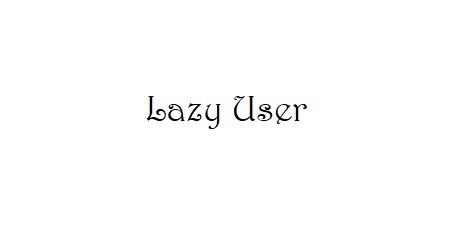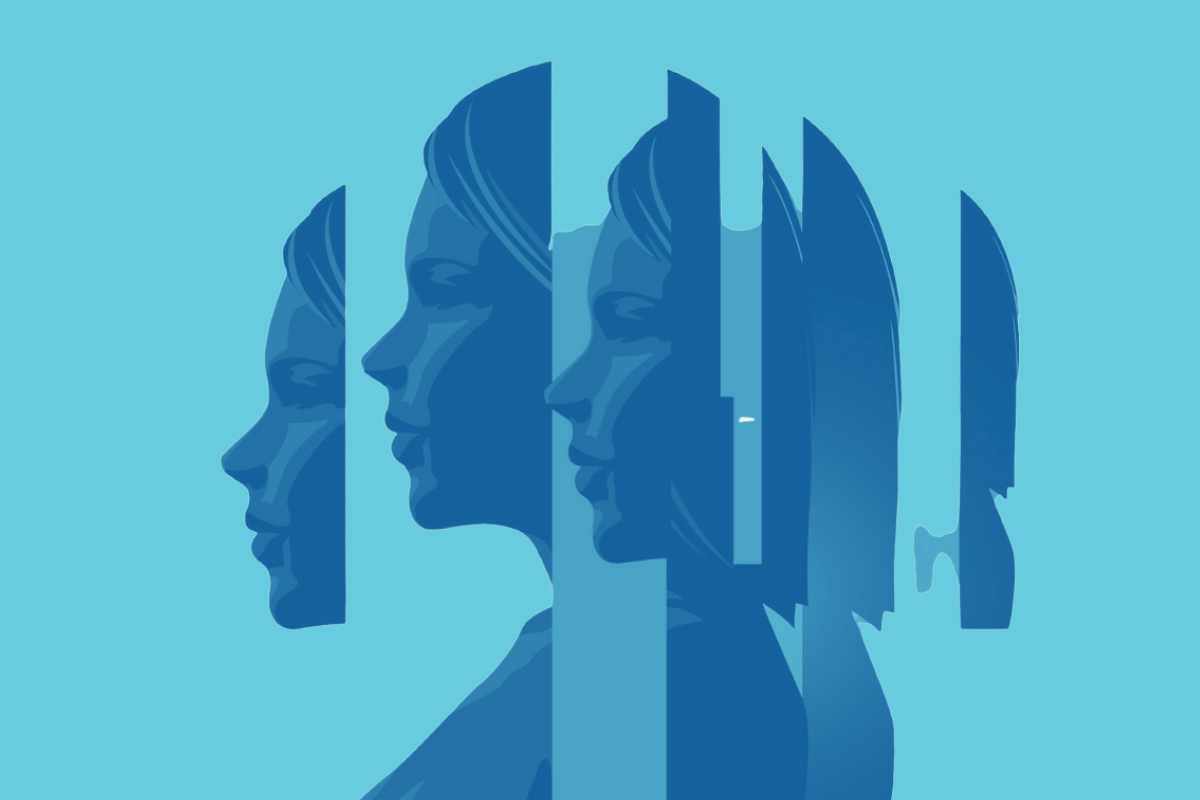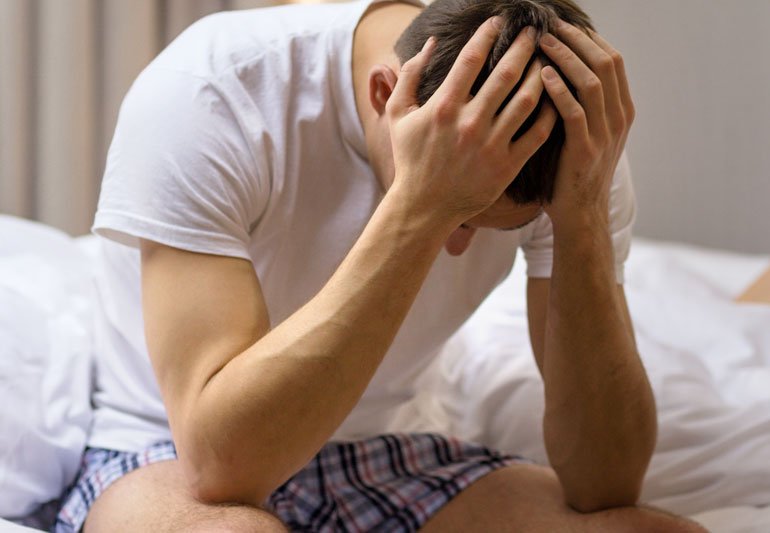Loss of job, crying over deprecating finances, relationship troubles, miscarriages, and whatnot! We’ve got many reasons that keep us awake & worried. If you’re suffering from any of these then you’re not alone. Millions of people across the globe undergo this depressive condition that cracks people from within.
Insomnia is just the beginning. When the lack of sleep crosses the limits, many health-punctures show up. Anxiety, depression, stress, etc. become regular visitors. After that, you may see yourself visiting the doctor frequently for health-related issues. In a nutshell, it affects the quality of your life, your lifespan decreases & you cannot find yourself with the same energy anymore.
Before the negativity crawls-in & your daytime activities are disrupted, beware & start taking your mental health seriously. Believe it or not, even the social media platforms throw a lot of depression & anxiety for the millennial generation unknowingly. Don’t be a victim, but understand your mental pace & act accordingly to beat stress-related insomnia.
How does stress affect sleep & lifestyle?
Insomnia, a sleep disorder, is nothing but a persistent difficulty with sleep. Even if you try getting asleep, it’s hard to maintain the quality of sleep. Insomniac people cannot sleep despite having enough time to fall asleep & a comfortable place to sleep. They only see daytime sleepiness, fatigue, irritability, and similar impairments when awake.
Commonly, if you’re unable to sleep well at least three times per week, continuously for three months then you might be suffering from Chronic Insomnia.
The stress that isn’t letting you sleep could be formed because of the following reasons:
· Job dissatisfaction
· Family issues, divorce, or disturbed romantic life
· The departure of a loved one
· Major health issues/injuries
· Sudden changes in routine
Chronic stress isn’t born out of consistent stressful conditions, but if you have anxiety disorder then you’re at a higher risk of suffering from the symptoms of insomnia. Also, if someone’s sleeping schedule keeps shifting due to work-travelling, sudden lifestyle changes, or similar reasons, you’re more likely to suffer from insomnia. Once chronic insomnia gets into your life, you start feeling anxious about sleeping & it starts affecting other aspects of life. Daytime stress increases, which in turn, accelerates insomnia.
Just like insomnia, the following symptoms also affect the quality of sleep.
· Fatigue & Tiredness
· Difficulty to focus
· Loss of memory
· Deprecated performance in personal & professional life
· Mood swings
· Aggression, Hyperactivity & Behavioral issues
· Low energy de-motivated mentality
· Increased chances of faults & accidents
Though we’ve mentioned that you must be suffering from lack of sleep for at least thrice a week for three months continuously to be diagnosed as an insomniac, you may have short-term insomnia if you’re experiencing this condition for less than three months.
If you don’t have chronic insomnia, but observe the symptoms of short-term sleep apnea, you should make a note of it. Not just adults, children may suffer from these symptoms too. You should take this as a warning because acute stress can grow into chronic stress without you taking note of it.
Eventually, you may grow excessive daytime sleepiness & more of such daytime impairments. Critical health issues like hypertension, cardiovascular problems, and diabetes may show up. Obesity also becomes a risk factor with a consistent lack of sleep. You’re worn out of your healthy lifestyle & feel so drenched.
How does good sleep help stress?
It isn’t a luxury, but a minimum requirement for an individual to sleep well. Also, sleeping is often underrated & compromised for social media time or shows. It’s hard to imagine getting a sound sleep if you’re so under stress. Especially, if your day-to-day anxieties are growing, adequate sleep becomes a dream.
Sleep is a therapy that changes your life for the better. For instance, it’s ideal for an adult to sleep 7 to 8 hours properly to give 100% focused & energetic performance throughout the day. The recommended duration for kids is 9 hours at least, to help their physical & psychological functions grow healthy.
When you start getting sound sleep, the symptoms of acute or chronic insomnia will not appear at all. In other words, it’ll get impossible for any other signs of sleeplessness to worry. You’ll switch over to a de-stressed more & your lifestyle improves. In a nutshell, you see positivity entering your life just because you get quality sleep.
5 Stress Management Tips to get better sleep
1. Release the Stocked Stress-talk
Sometimes, talking to your loved ones is the only thing you need to pour your heart into. If anything is disturbing your sleep & it is getting serious trouble, you better find someone to whom you can open up your heart. Who knows this works for you & you feel de-stressed & relaxed after getting a solution to your problem!
2. Stop yourself from Clock-watching
Did you ever wonder if clock-watching can cause anxiety & not let you fall asleep? Because it can! You cannot imagine the amount of stress that builds-up when you’re consistently watching the seconds, minutes, or hours to pass. Make sure to indulge yourself in something productive that diverts our minds from clock-watching. After doing any such activity, you may feel tired & get a desire to sleep.
3. Find a healthy & effective alternative to night sleep
What if we say – “if you cannot sleep continuously for 8 hours at night sometimes, you can cover it by daytime napping.” It isn’t a bad deal though. Not every day is the same. You may have a stressful routine sometimes or you’re awake & worried at night. You may cope-up with this break by covering night sleep during the day.
4. Watch your Nighttime Snacking Habits
Some people don’t stick to fixed dinner or snack timings. Let us tell you that eating some snacks during the evening affects your night sleep. Bloating is a common issue that affects sleep. It is born out of heavy food consumption, fried, or spicy meals. Carbonated drinks & citrus juice are least recommended during the night.
The ideal way is to fix dinner & evening snack hours. Limit your food consumption & try not to eat before 2 hours of bedtime. It lets you sleep without the worries of bloating.
5. Use Etizolam with Caution
Etizolam (Etizest ) isn’t a sleeping pill exactly, but a medication that is used for treating the symptoms of anxiety & short-term insomnia. It is a highly effective Benzodiazepine a drug that also deals with stress that isn’t letting you fall asleep.
Though it is safe to use on-prescription medicine, it may have mild side effects like headache, confusion, weakness, vomiting, memory problems, etc. Thus, it is better to continue with Etizolam buy than to use random sleeping pills.
Final Thoughts
By the time you’ve reached here, you must have discovered a few things that’ll help you deal with stress, depression & insomnia in a better way. Beating insomnia isn’t impossible. You need some courage & techniques to get through this difficult phase of your life without losing a piece of you.







You must be logged in to post a comment.